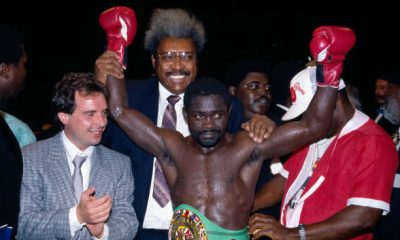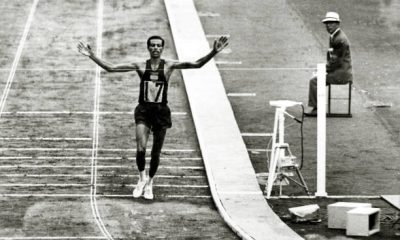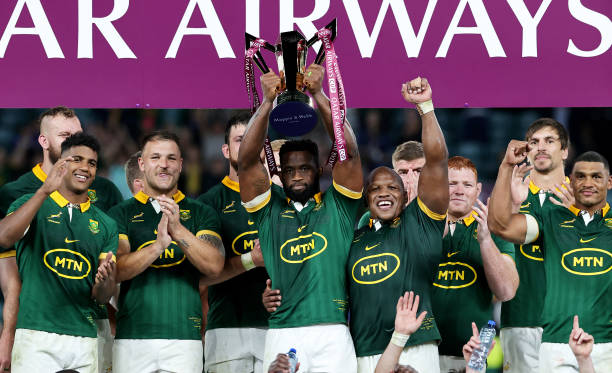
The South African national rugby team, known as the Springboks, has established itself as one of the most dominant forces in world rugby. With multiple Rugby World Cup titles, a rich history, and a deep-rooted rugby culture, South Africa’s rise to the pinnacle of the sport is a story of resilience, transformation, and excellence.
A History of Success and Challenges
Rugby has been a significant part of South Africa’s sporting identity for over a century. However, the Springboks’ journey to the top has not been without challenges.
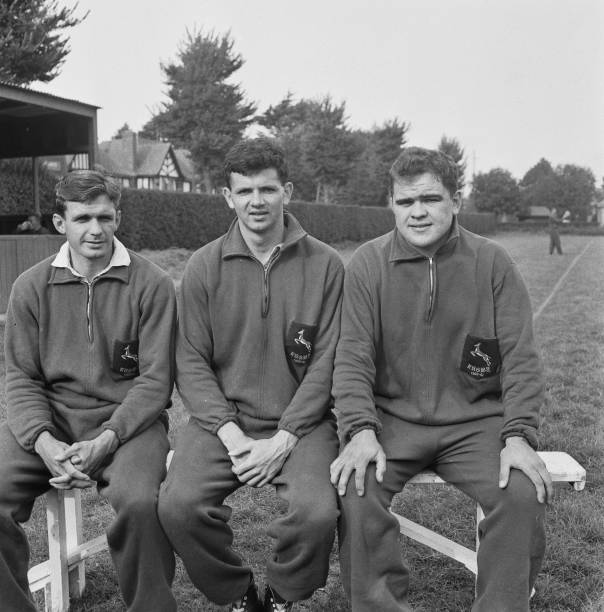
For much of the 20th century, South Africa was considered one of the strongest rugby nations, but the country’s apartheid policies led to its international isolation. From 1984 to 1992, South Africa was banned from international rugby, preventing the team from competing on the global stage.
1995: The Iconic World Cup Victory
South Africa made an emotional return to international rugby in 1992, but the turning point came in 1995 when the country hosted the Rugby World Cup. Led by captain Francois Pienaar, the Springboks defeated New Zealand 15-12 in the final, winning their first-ever World Cup title.
This victory was more than just a sporting achievement—it symbolized national unity in the post-apartheid era, with Nelson Mandela famously wearing the Springbok jersey as he handed the trophy to Pienaar.
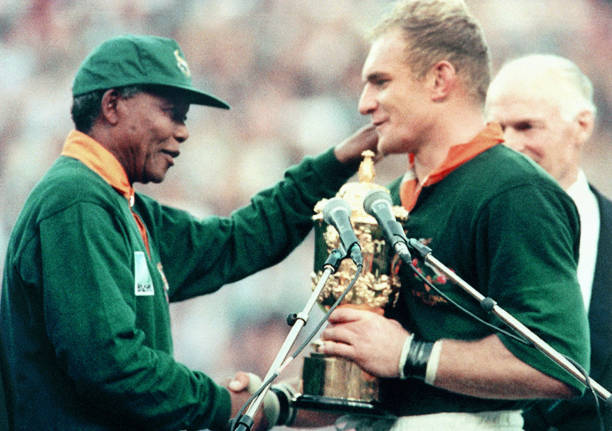
2007: Dominating the World Again
Twelve years after their historic triumph, the Springboks reclaimed their status as the best team in the world by winning the 2007 Rugby World Cup in France. Under the leadership of John Smit and with stars like Bryan Habana, Victor Matfield, and Fourie du Preez, South Africa dominated the tournament, defeating England 15-6 in the final.
This victory reaffirmed South Africa’s position as a rugby powerhouse and proved that the 1995 win was not a one-time achievement.
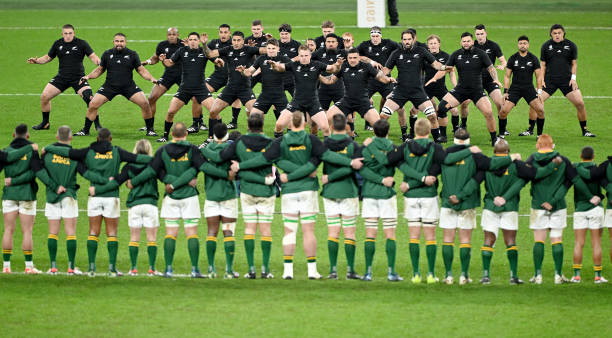
2019: A New Era of Excellence
While South Africa remained competitive throughout the 2010s, it was the 2019 Rugby World Cup in Japan that marked a true resurgence. Under coach Rassie Erasmus and captain Siya Kolisi, the Springboks defeated England 32-12 in the final, becoming the second nation after New Zealand to win three Rugby World Cups.
This victory was historic for several reasons:
- Siya Kolisi became the first Black captain to lead the Springboks to a World Cup win.
- The team’s playing style showcased a blend of physical dominance and tactical intelligence.
- South Africa proved that its rugby philosophy—built on power, defense, and set-piece excellence—was still the key to winning major tournaments.
CHECK OUT TOP 3 FREE BETTING PREDICTION SITES
Accuratepredict.com Soccerpredictions.net Betloy.com
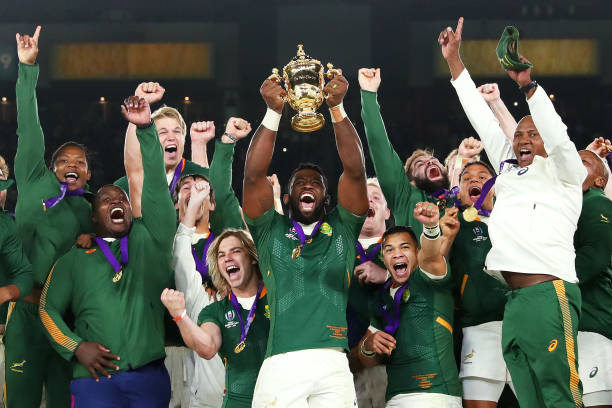
2023: Back-to-Back World Champions
The Springboks cemented their status as the best rugby nation by winning the 2023 Rugby World Cup, making them the most successful team in World Cup history alongside New Zealand with four titles.
The 2023 final against New Zealand was a thrilling contest, with South Africa winning 12-11. The Springboks’ ability to win tight, physical battles under pressure set them apart from their rivals.
Notable aspects of the 2023 victory:
- Unmatched squad depth: South Africa had world-class players in every position.
- Strategic kicking and game management: The Boks mastered the tactical kicking game, frustrating opponents.
- Mental resilience: The team won three consecutive knockout matches by a single point, proving their ability to handle pressure.
Key Factors Behind South Africa’s Rugby Dominance
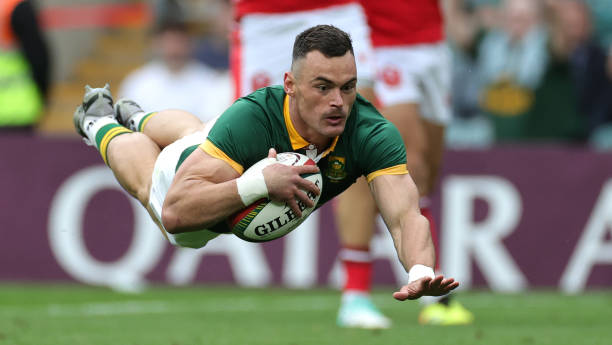
1. A Strong Domestic System
South Africa’s domestic leagues, including the Currie Cup and United Rugby Championship, provide a solid foundation for developing world-class talent. Many players also gain valuable experience in Super Rugby and European club rugby.
2. Physicality and Defense
The Springboks are known for their brutal physicality, dominant scrum, and aggressive defense. Their ability to overpower opponents with sheer strength remains a cornerstone of their success.
3. Tactical Intelligence
While physicality has always been their strength, modern South African teams have added tactical versatility, using smart kicking, structured attack, and adaptable game plans to outmaneuver opponents.
4. Leadership and Unity
Captains like Francois Pienaar, John Smit, and Siya Kolisi have inspired not only their teams but also the nation. South Africa’s rugby culture emphasizes teamwork, resilience, and national pride.
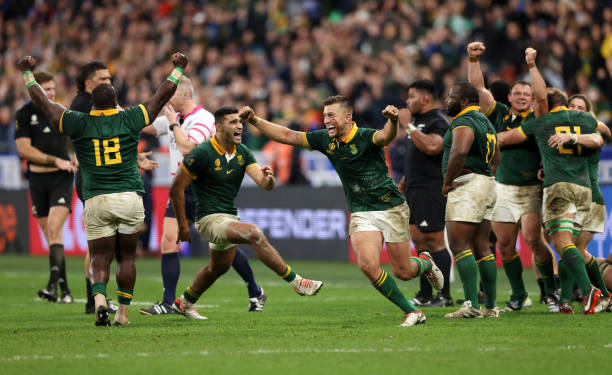
5. The Rassie Erasmus Effect
Since taking over as coach in 2018, Rassie Erasmus has transformed South African rugby, focusing on innovation, squad depth, and psychological strength. His leadership has been a driving force behind the team’s recent dominance.
Conclusion
The Springboks’ rise to the top of the rugby world is a testament to their resilience, skill, and commitment to excellence. From their first Rugby World Cup win in 1995 to their back-to-back triumphs in 2019 and 2023, South Africa has proven that it is a true rugby powerhouse.
SUGGESTED FOR YOU
Top 10 African Players in NBA History
With a blend of historical success, a deep talent pool, and a winning mentality, the Springboks look set to remain a dominant force in world rugby for years to come.


